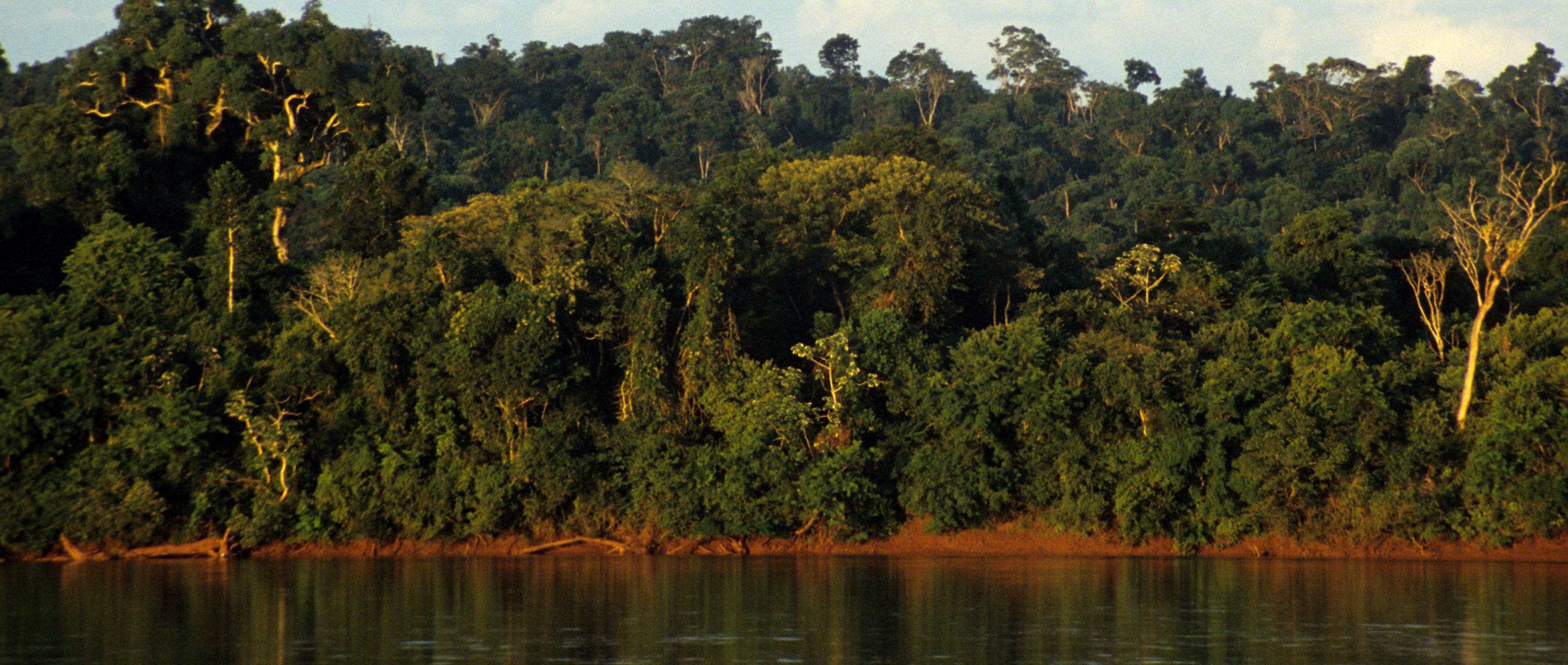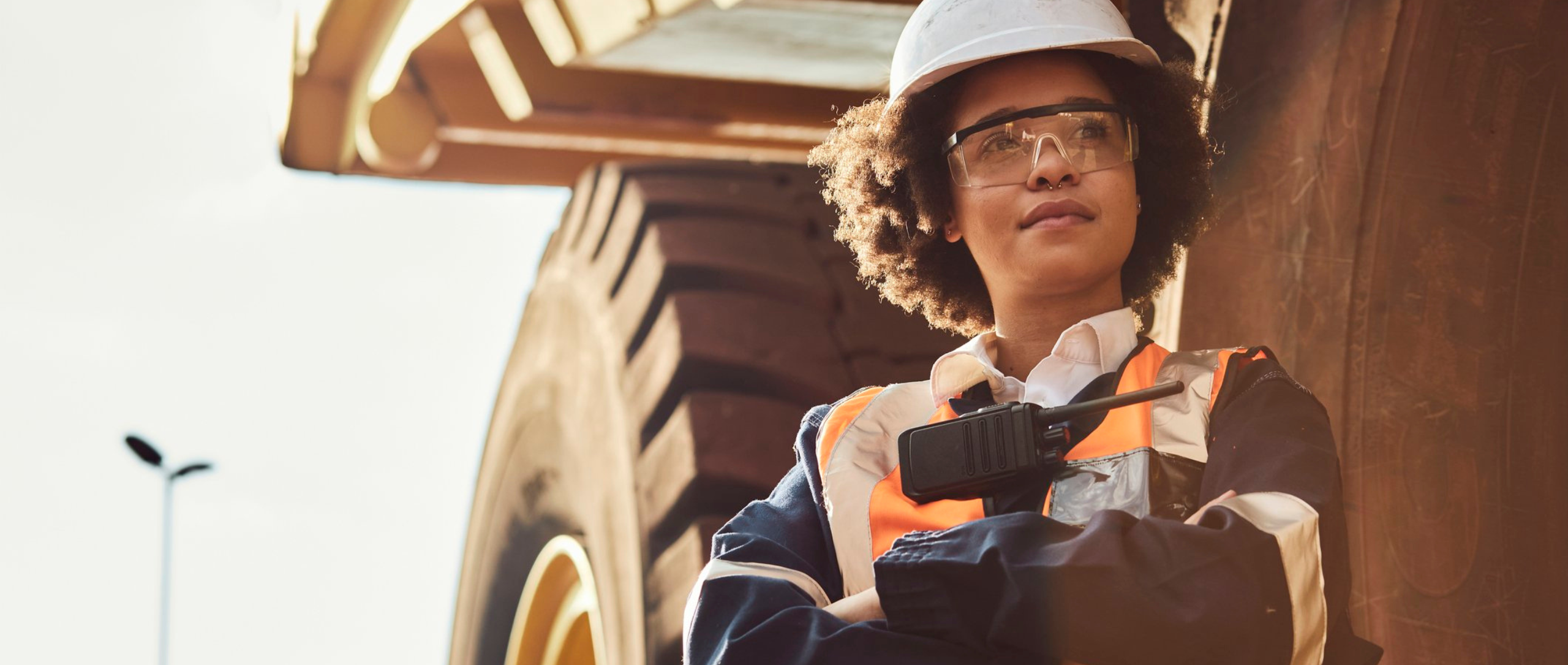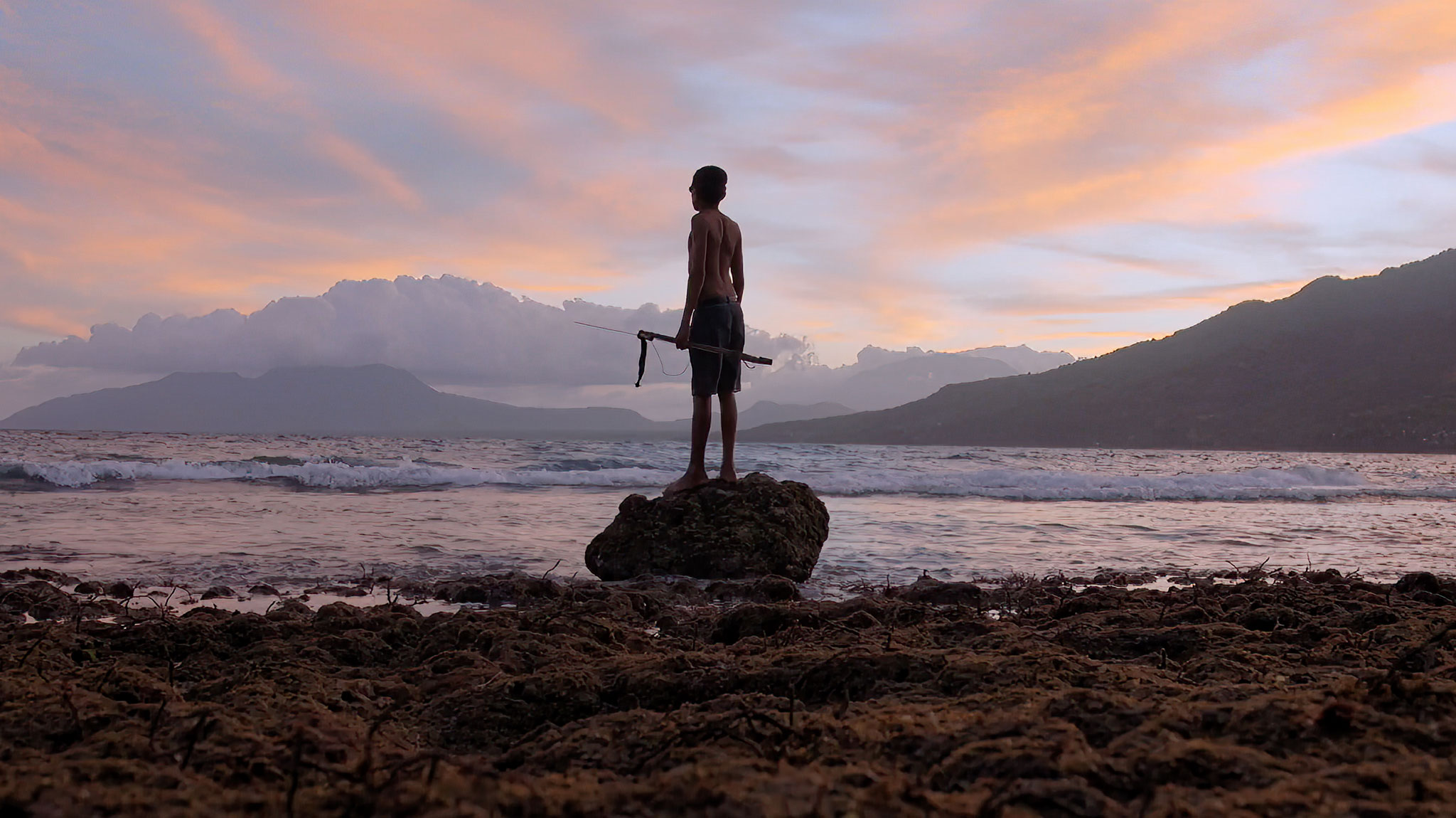Saving Rainforests with Indigenous Rights-Based Conservation
Suzanne Pelletier is the Executive Director of the Rainforest Foundation US which partners with indigenous peoples in Central and South America to help them assert their rights and conserve their forests and natural resources. In those efforts they’ve helped to protect some 33 million acres of rainforest. We sat with Suzanne at the Skoll World Forum a few years ago to hear more about her work and why indigenous rights are central to the battle against climate change. What follows is an edited and condensed version of that conversation.
Global issue
Deforestation is simply one of the most pressing issues that we face right now. It’s both a human’s rights issue for the people directly affected by deforestation all over the world, but it’s also a global issue. We’re all affected by deforestation, climate change, and loss of biodiversity. Current generations are already suffering but future generations will suffer even more if we don’t do something about it right now.
Tropical rainforests right now hold about 20 percent of the earth’s fresh water—they play an incredible role in water circulation. If deforestation rates continue, it will mean irreparable damage not only to our water supply, but to our local and global weather patterns. Tropical rainforests also harbor about half the world’s biodiversity. Once that’s lost, we lose our ability to solve problems. Think about all the medicines that have been created from the plants and animals of the rainforest.
With the global climate crisis right now, about 15 percent of all carbon dioxide emissions every year are from deforestation in the tropics. If we don’t stop deforestation we aren’t going to solve the global climate crisis.
There’s also a cultural crisis right now. We’re losing about one language every two weeks. Often because indigenous people are being pushed off their land, disconnected from their culture. With every language lost there is knowledge lost.
I’m trying to create a world that places more value on protecting its natural resources than extracting them.
Indigenous lessons
My favorite memory in the forest is spending time with the Yanomami in Brazil. It was a real privilege to spend time with a community that has such reverence for their forest. For thousands of years, their culture has evolved with their environment, in connection with their environment, because of their environment.
If you look at how indigenous people use their resources and manage their environment, there is something that we all can learn from them about connection and reciprocity. A lot of times we think we can engineer our way out of problems. Sometimes the best way to do that engineering is to look at what happens naturally in the environment.
Spiritual value
People have increasingly lost their connection with the environment and to the intangible spiritual and psychological value of spending time in the natural environment.
I think there’s been an incredible advancement in the indigenous rights movement. The rights-based approach to conservation was a fringe idea 25 years ago, but more and more, people understand that although indigenous peoples may only be 5 percent of the global population, they have an incredible role in managing about half of the earth’s land, and about 80 percent of the world’s biodiversity. It’s critical that the people stewarding all that land and biodiversity have the tools and resources that they need.
Global collaboration
Being a conscious consumer is incredibly important and something that we have much more of an opportunity right now to do. The impact of our choices as consumers is larger than it has ever been. If you understand the issues at the local level and vote with your purchasing decisions, it can change corporate practices and even change government policies over the long term.
But individual actions are not enough by themselves to stop deforestation and the climate crisis. Solving the problem on the global level will require for-profit companies disrupting the way they do business, nonprofit organizations transforming the way they maximize resources to produce impact, and governments investing in the long term health and well being of their citizens by protecting their natural resources.
A record number of fires have been detected in the Brazilian Amazon this year—more than 70,000. See Rainforest Foundation’s tips on what you can do to help right now.
“La selva!”by Ostrosky Photos is licensed under CC BY-NC-ND 2.0



